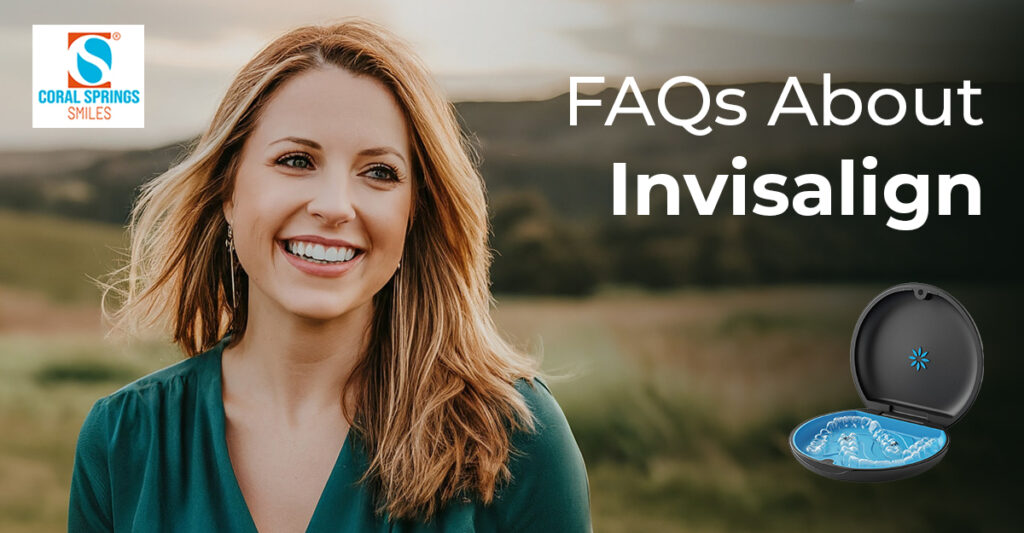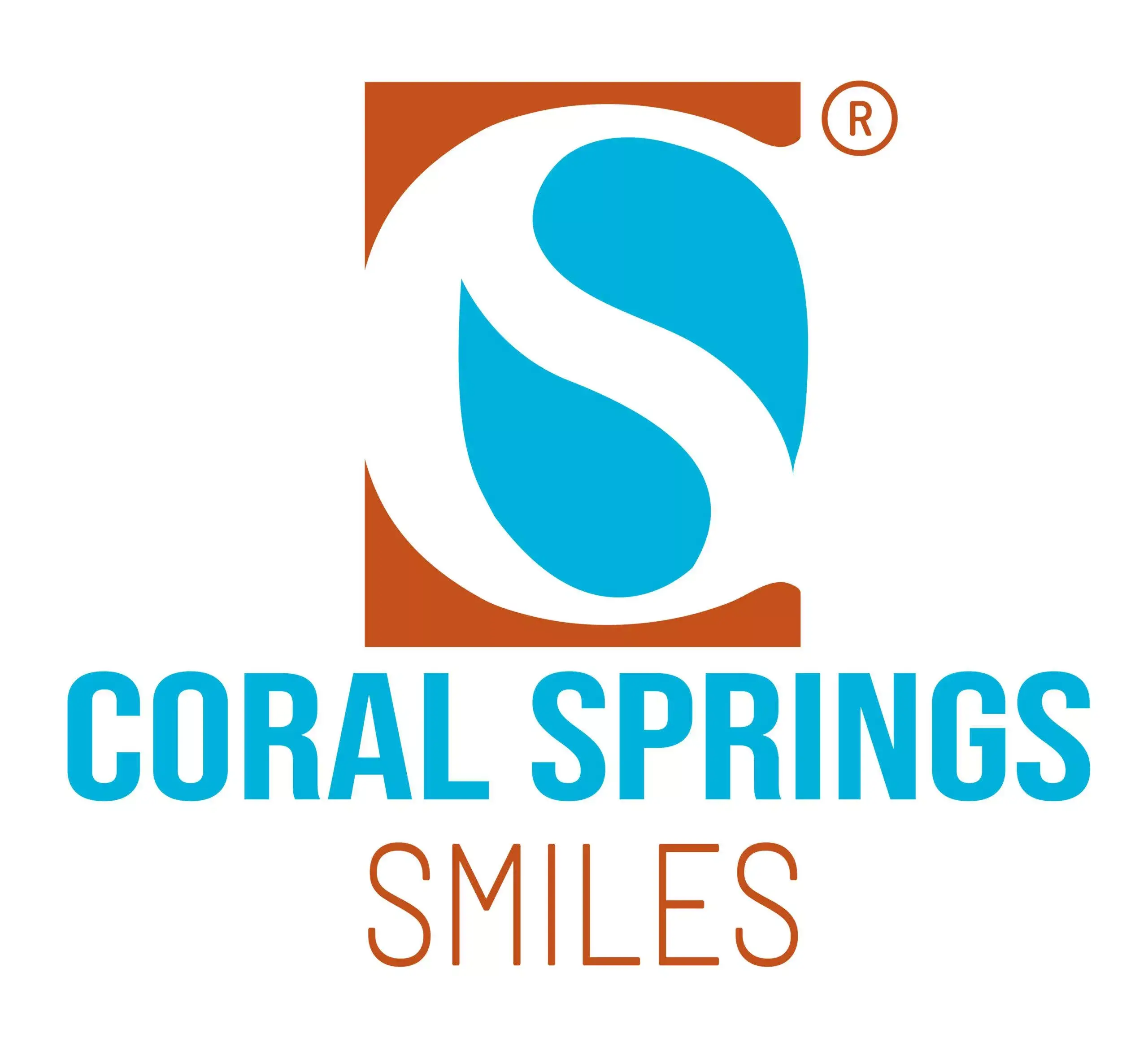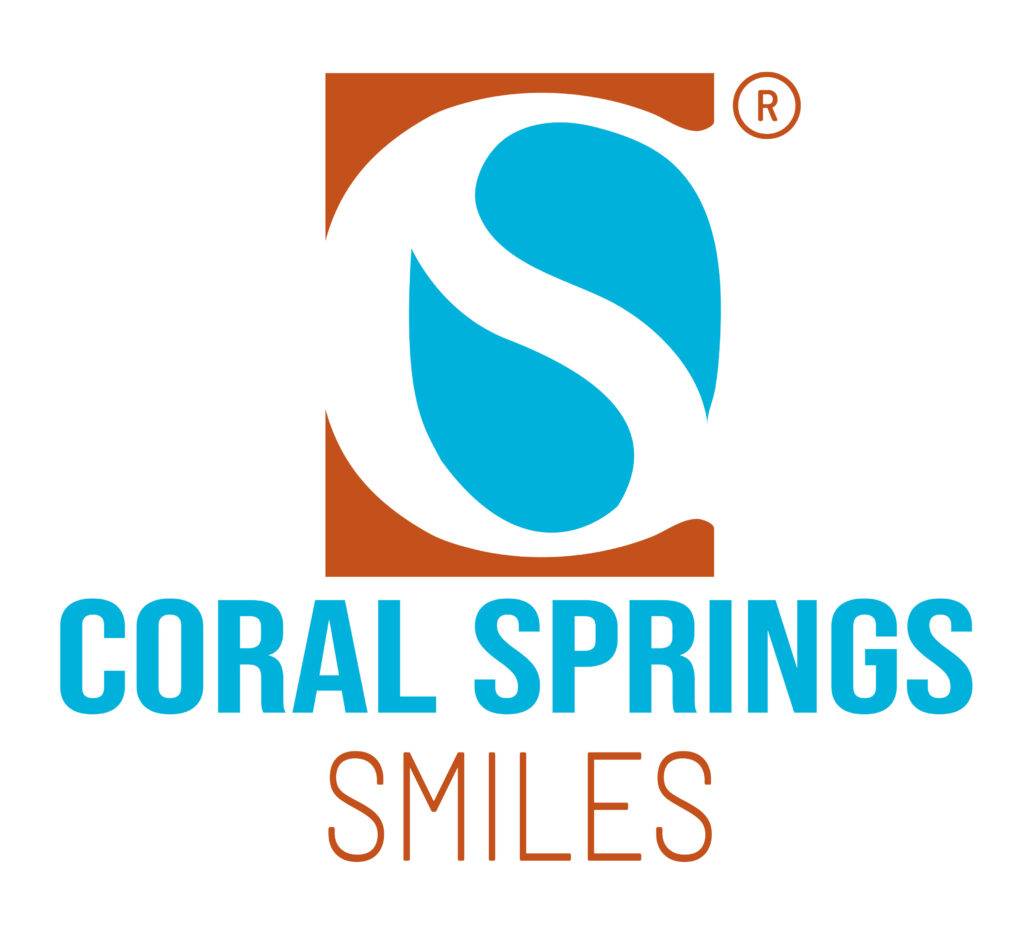
Invisalign has revolutionized the world of orthodontics by providing a discreet and comfortable alternative to traditional metal braces. As clear aligners, Invisalign offers a modern solution for correcting a wide range of dental issues, from mild to complex. With its innovative design, Invisalign allows you to achieve a straighter smile without the inconvenience of metal brackets and wires.
If you’re considering Invisalign, you likely have some questions. Here, we answer some of the most frequently asked questions to help you make an informed decision about your orthodontic journey.
Can Invisalign Fix Overbite?
Yes, Invisalign can effectively correct overbites. By applying gentle pressure on your teeth, Invisalign aligners gradually shift your teeth into the desired position, helping to align your bite. However, the success of treatment depends on the severity of the overbite, and an orthodontist will determine if Invisalign is the right solution for your needs.
Contact Coral Springs Smiles, to book an appointment!
Can Invisalign Fix Underbite?
Invisalign can also address underbites, though more severe cases may require additional orthodontic treatments. The clear aligners work by gradually moving the teeth into the correct alignment, which can improve both the function and aesthetics of your bite.
Will Invisalign Work for Me?
Invisalign is designed to treat a variety of orthodontic issues, including overcrowding, spacing, overbite, underbite, and crossbite. A consultation with an orthodontist is the best option for your specific dental concerns. Check Can Invisalign Fix Your Crossbite?
How Does Invisalign Work?
Invisalign works by using a series of custom-made, clear aligners that fit snugly over your teeth. Each set of aligners is designed to make slight adjustments to tooth position, gradually shifting your teeth into alignment over time. Patients typically switch to a new set of aligners every one to two weeks until the desired results are achieved.
Is Invisalign Better Than Braces?
Invisalign offers several advantages over traditional braces, including the ability to remove aligners for eating and cleaning, and a more discreet appearance. However, the best choice depends on individual needs and preferences.
Is Invisalign Cheaper Than Braces?
The cost of Invisalign and braces can vary depending on the complexity of the case and the length of treatment. In general, Invisalign tends to be slightly more expensive than traditional braces, but many patients find the benefits of comfort and aesthetics to be worth the investment.
Is Invisalign Faster Than Braces?
Invisalign treatment times can be comparable to or even faster than braces, especially for less complex cases. On average, treatment with Invisalign takes about 12 to 18 months, but individual treatment duration may vary.
Is Invisalign Worth It?
Many patients find Invisalign to be a worthwhile investment due to its comfort, convenience, and discreet appearance. The ability to maintain oral hygiene and eat without restrictions makes it an attractive option for adults and teens alike.
How to Clean Invisalign?
To keep your Invisalign aligners clean, brush them gently with a soft toothbrush and rinse them in lukewarm water. Avoid using hot water as it can warp the plastic. It’s also recommended to brush your teeth before reinserting your aligners.
What Are Cleaning Crystals for Invisalign?
Invisalign cleaning crystals are specially formulated to clean and disinfect your aligners. Simply dissolve a packet of crystals in water and soak your aligners for about 15 minutes, then rinse thoroughly before wearing them again.
Are Invisalign Painful?
While Invisalign is generally more comfortable than traditional braces, some patients may experience mild discomfort or pressure when switching to a new set of aligners. This is a sign that the aligners are working to shift your teeth.
Is Invisalign a Retainer?
Invisalign aligners are not the same as retainers, though they may look similar. Aligners are used during treatment to move teeth, while retainers are worn after treatment to maintain the new position of your teeth.
Is Invisalign Permanent?
The changes made by Invisalign are intended to be permanent, but wearing a retainer after treatment is crucial to prevent teeth from shifting back to their original positions.
Can You Chew Gum with Invisalign?
Chewing gum while wearing Invisalign is not recommended, as it can stick to the aligners and cause damage. It’s best to remove the aligners while eating or drinking anything other than water.
Can You Drink Coffee with Invisalign?
Drinking coffee with Invisalign aligners in place can lead to staining and warping of the plastic. It’s best to remove your aligners and brush your teeth before reinserting them after enjoying your coffee.
Can You Eat with Invisalign?
Invisalign aligners should be removed while eating to avoid damage and staining. This also allows you to enjoy your meals without dietary restrictions.
Is Invisalign Covered by Insurance?
Many dental insurance plans offer coverage for Invisalign, similar to traditional braces. It’s important to check with your insurance provider to understand the specifics of your plan and any out-of-pocket costs you may incur.
Your Journey to a Perfect Smile Begins Here!
At Coral Springs Smiles, we are dedicated to helping you achieve the smile of your dreams with Invisalign. Our experienced team is here to guide you through every step of the process, ensuring a comfortable and successful treatment journey.
Contact us today to schedule a consultation and discover if Invisalign is right for you!



